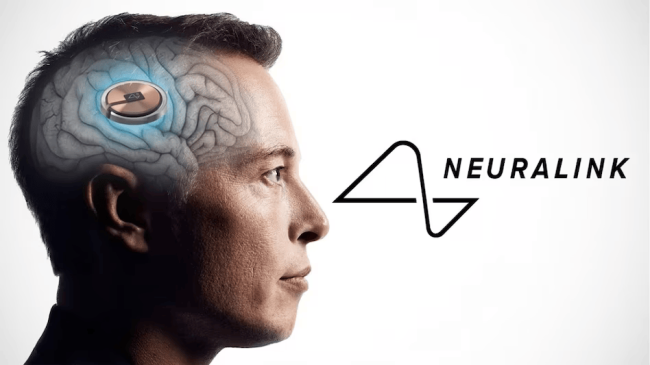Elon Musk’s start-up Neuralink has received permission from American regulators to conduct human trials of its brain implants.
On Thursday, Neuralink announced that it had received approval from the Food and Drug Administration (FDA) of the United States for the first human clinical study of implants that are intended to allow the brain to directly interface with computers.

“We are eager to share that we have gotten the FDA’s endorsement to send off our first-in-human clinical review,” Neuralink said in a post on Twitter – which is claimed by Musk.

Demonstrations by the startup revealed that coin-sized Neuralink prototypes have already been inserted into the skulls of monkeys.
An early demonstration demonstrated that the wispy wires of a Neuralink disk are strategically inserted into the brain with the assistance of a surgical robot.
The plate registers nerve movement, handing-off the data by means of a typical Bluetooth remote sign to a gadget, for example, a cell phone, as indicated by Musk.

Musk stated in a previous presentation, “It actually fits quite nicely in your skull.”
“It very well may be under your hair and you wouldn’t be aware.”
At a past show, Neuralink showed a few monkeys “playing” essential computer games or moving a cursor on a screen through their Neuralink embed.
Additionally, the technology has been tested on pigs.
According to Neuralink, human clinical trial recruitment is not yet open.
Musk, who as of late settled a business committed to creating complex man-made reasoning, has fought that synchronizing minds with machines is crucial in the event that individuals will try not to be outperformed by simulated intelligence.
His idea of supercomputers and minds symbiotically merging is still met with caution by academics and experts.
Al Jazeera’s

